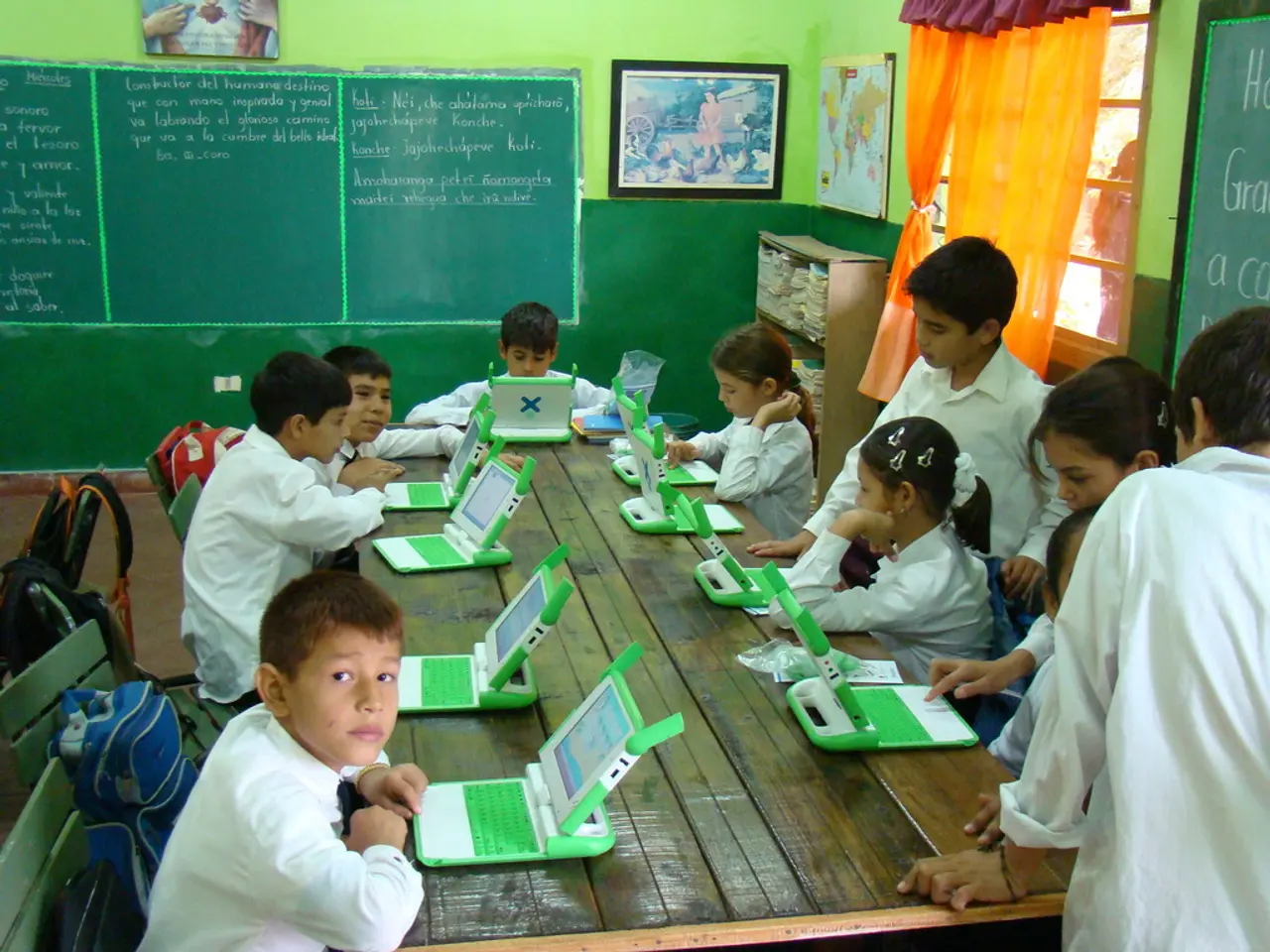Exploring Weaknesses in African Cybersecurity: Strategies for Addressing the Role of Human Factors in Digital Protection
In the rapidly evolving digital landscape of Africa, the focus on cybersecurity is more crucial than ever. Renowned cybersecurity expert Kevin Mitnick emphasizes that employees must be an integral part of the solution, not the problem.
The challenges facing Africa's digital frontier are not solely technological but deeply rooted in human behaviour and understanding. The human factor is a critical vulnerability in African cybersecurity, making it a priority in cybersecurity strategies across the continent.
Effective strategies to address this human element focus on targeted employee education and training, leveraging AI-driven tools, and fostering collaborative initiatives. Personalised, adaptive security awareness training (SAT) tailored to employees' roles and specific risk exposures increases engagement and effectiveness.
Partnerships and shared learning are essential, bridging the cybersecurity knowledge gap in Africa. Collaboration between public and private entities, international partnerships, and shared expertise are crucial for building a robust defence framework against cyber threats.
Community-level strategies in rural settings should consider economic and social realities, avoiding approaches that conflict with local practices. Promoting a culture of digital mindfulness and cyber psychology can help individuals habitually pause and assess risks, rather than falling prey to emotional manipulation used in phishing and scams.
Shared learning platforms, tailored metrics for training effectiveness, and calculating phishing simulation trends enable continuous improvement and adaptation of strategies. Emphasising the human factor as a vital defence – not just a vulnerability – and investing in cognitive resilience build stronger, sustainable cybersecurity postures across African organisations and communities.
Several global organisations are partnering with African nations to provide necessary tools and training to improve cyber resilience. The journey towards fortified digital defence in African nations requires a focus on the human element and integrating it with existing and future technological advancements.
By tackling the human element head-on, Africa can not only protect its digital assets but also pave the way for a prosperous and secure digital transformation. Recognising the power and responsibility inherent within every individual is key to protecting Africa's digital assets and ensuring a secure and prosperous digital future.
[1] "Cybersecurity in Africa: A Human-Centric Approach" - Cybersecurity Ventures [2] "AI-Powered Cybersecurity Training for Africa" - Forbes [3] "Building Resilience in African Cyberspace" - United Nations Economic Commission for Africa [4] "Human Factor in African Cybersecurity: Challenges and Opportunities" - ITU [5] "Community-Based Cybersecurity Strategies in Rural Africa" - Harvard Business Review
- To tackle the human element in African cybersecurity effectively, personalized and adaptive security awareness training (SAT) can be beneficial, as it increases engagement and effectiveness, aligning with the findings of the Cybersecurity Ventures' "Cybersecurity in Africa: A Human-Centric Approach".
- As emphasized in the Forbes article "AI-Powered Cybersecurity Training for Africa", leveraging AI-driven tools and fostering collaborative initiatives can play a significant role in addressing the critical vulnerabilities posed by the human factor in African cybersecurity.
- To fortify digital defence and pave the way for a secure digital transformation, Africa can focus on the integration of human-centric approaches with technology advancements. This recommendation is supported by the United Nations Economic Commission for Africa in the report "Building Resilience in African Cyberspace".




